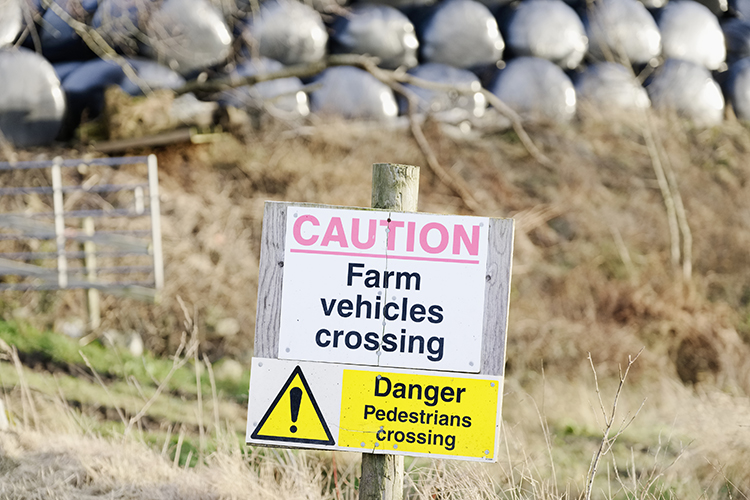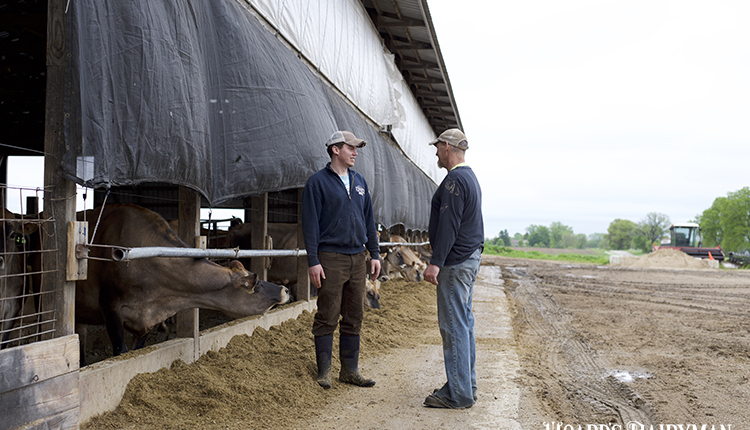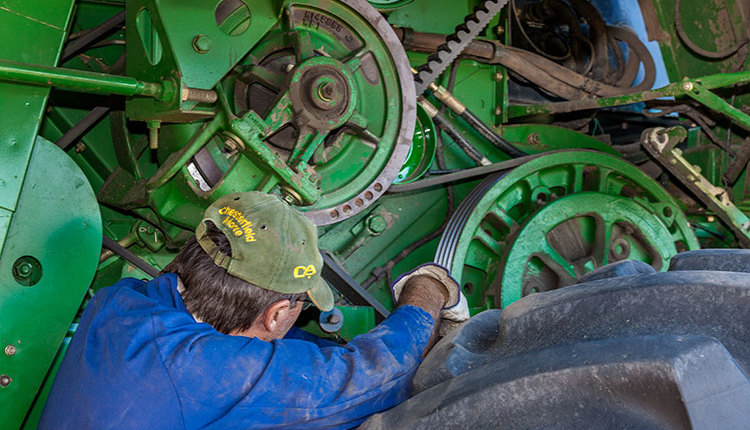
This little article is intended to be a conversation starter.
Did you know that U.S. commercial airlines flew more than 600 million passengers in 2021, and that number will be far more this year, probably approaching 1 billion. Official numbers from last year are not yet published, but exactly zero people died in 2020 because of crashes involving U.S. air carriers.
It seems like a miracle that we can take off and land in a plane like a Boeing 737-800 that weighs 90,000 pounds, carrying 40,000 pounds of jet fuel and 20 tons of people and cargo. Commercial airlines do this 45,000 times every day! Without a fatal accident.
Let’s compare that to the safety record in U.S. agriculture. In 2020, there were 481 fatal farm injuries in the country and over 110,000 injuries that needed medical care. The “rate” of fatal injuries was 20.5 per 100,000 workers. This number doesn’t include the roughly 100 children . . . one child every three days . . . who die on the farm annually.
Now, time for a little math. Of all the people in the U.S., about 25% say they fly “a few times a year.” We have 320 million people in the U.S., so that means roughly 80 million individual people who fly each year. If airplane passengers died at the same rate as farmers, ranchers, and hired workers, we would see over 16,000 fatalities a year. Can you imagine the outcry?
More importantly, would you ever step on a plane and jet across the country for a family vacation or business if those were the fatality rates? I know I wouldn’t.
Does this mean air travel is just inherently safer or easier?
You tell me.
I can go out, start a tractor, connect a power takeoff (PTO), unload grain from a bin, and haul it across the county without having to even think about it. But the thought of firing up a 737 and flying across the country (or even across the state) is beyond what I can even imagine.
What’s the difference? Why a near-perfect safety record in one industry, while the other has a worker death rate that’s head and shoulders above all others?
Here are a few observations and reflections.
• The air travel industry focuses on equipment safety, regular inspections, and careful maintenance. How about on the farm you own, operate, and/or work on?
• Airplanes have numerous embedded safety systems, but so do farm machines. This includes rollover protection structures (ROPS), shields, alarms, lockouts, shut-off switches, and others. However, these devices only work when they are functional and in place on farm machines.
• If you are flying passengers, you constantly must consider upgrades and improvement. Is agriculture any different? Yes, many tractors in regular use on farms are from the 1950s, 1960s, and 1970s. But there are also many 737 jets flying out there that were manufactured in the late 1960s.
• Pilots receive regular training, and there is a baseline competence for all who work on or with planes. They adhere to checklists and specific maintenance plans and protocols. It’s part of their culture. These same protocols, schedules, and maintenance requirements are provided by farm equipment manufacturers. And those hired to work on farms have an expectation and right to be trained on how to do their jobs safely.
• Pilots must pay close attention to fatigue. Why? Because we know being tired and stressed is a major risk factor for making critical mistakes. We have the exact same data for farming. Long weekly work hours are directly correlated with rapidly increasing rates of farm injury.
If you’ve read this far, I’m sure you get my point. For those who will be combining or chopping in the upcoming harvest season, you have a lot of work to do to get geared up for a safe harvest. September through early or mid-November tend to be the most intense and risky time in many operations.
As the harvest season approaches, put on your pilot’s cap. Get your team together. Pull out your manuals, checklists, and protocols. Be purposeful. Make the changes that need to be made, and make sure all of your team members have their wings! It’s a lot of work, I realize. But as we see from our friends in the airline industry, it does make a difference!








